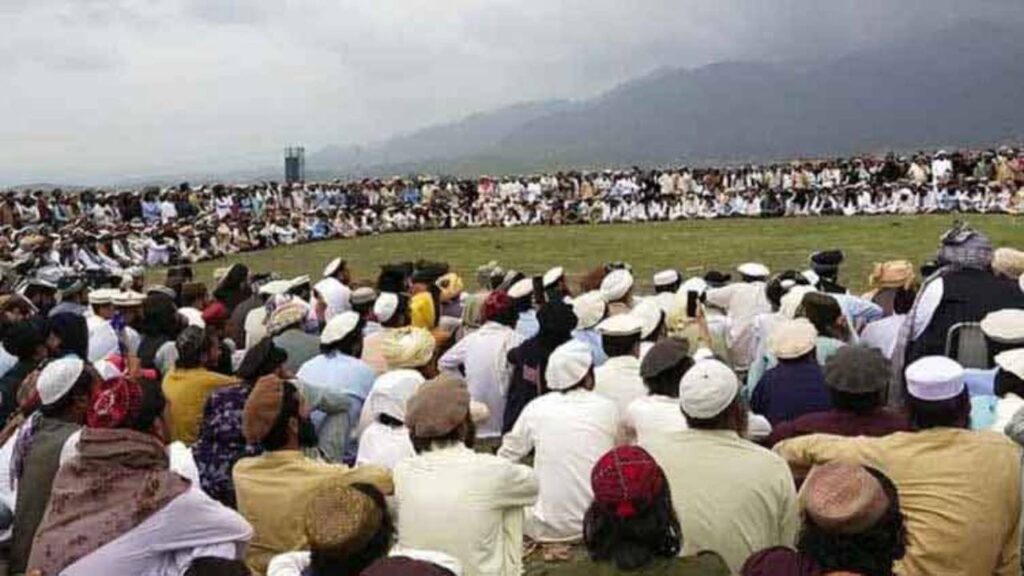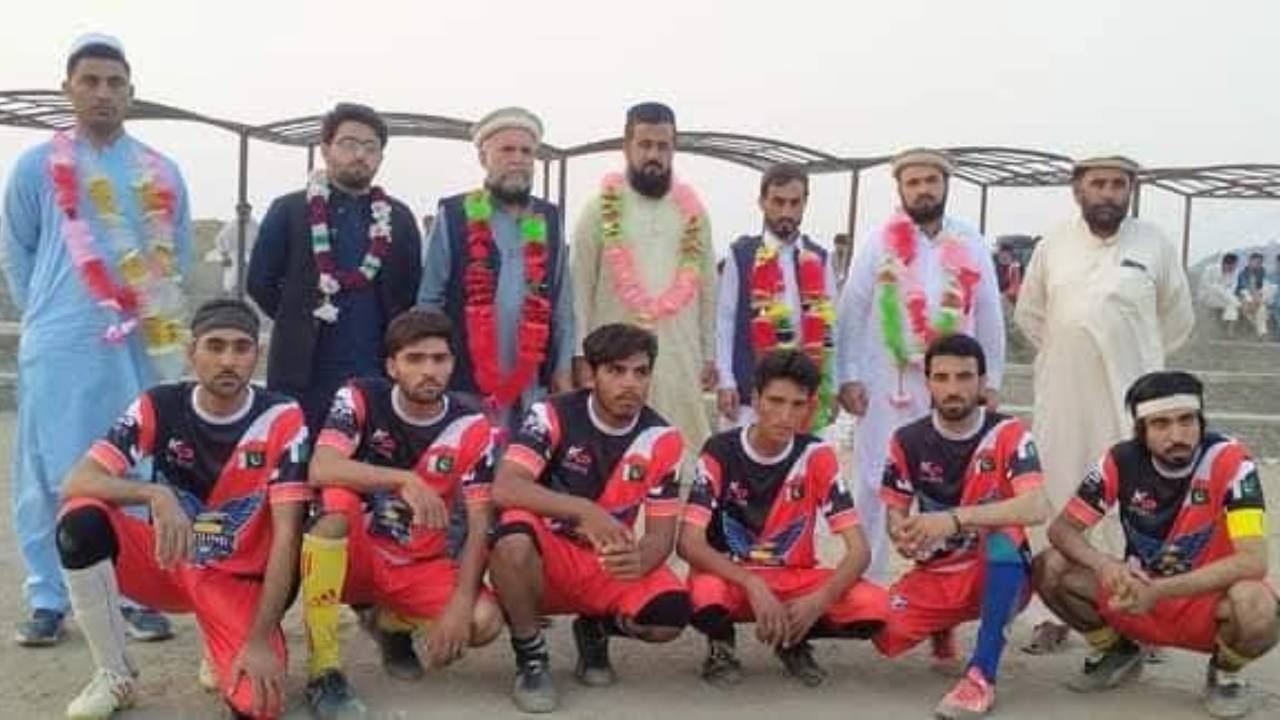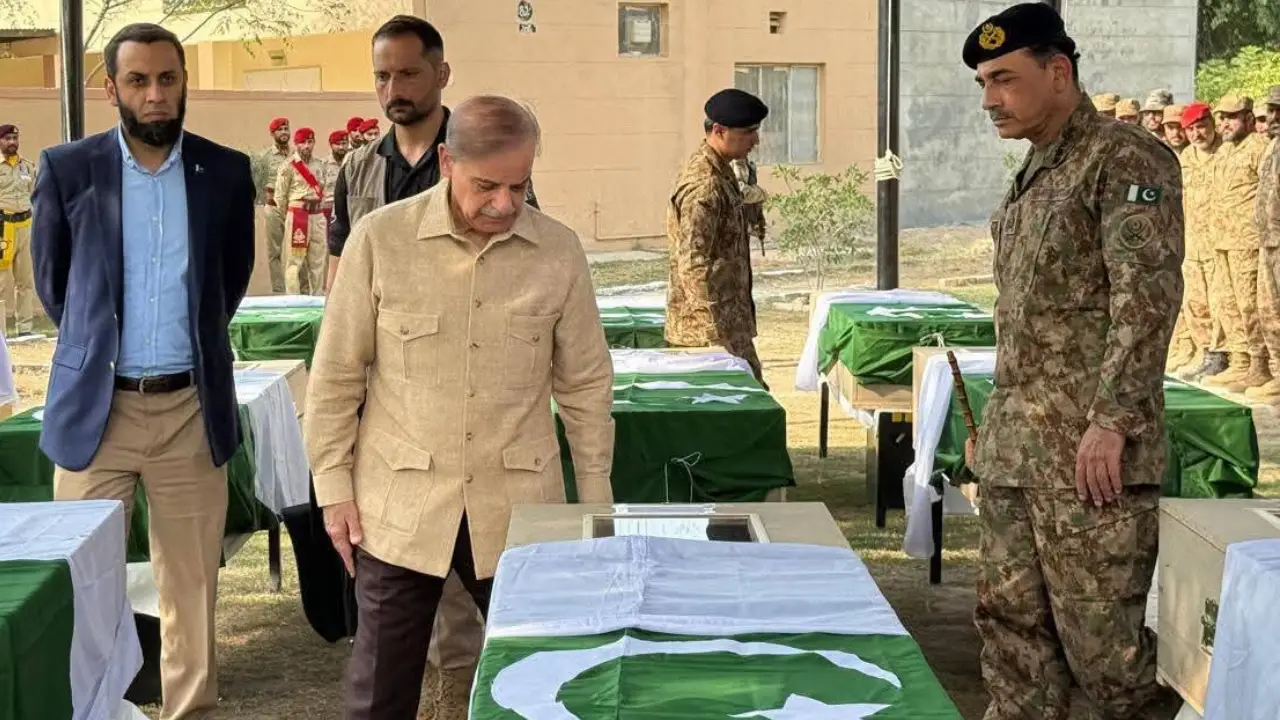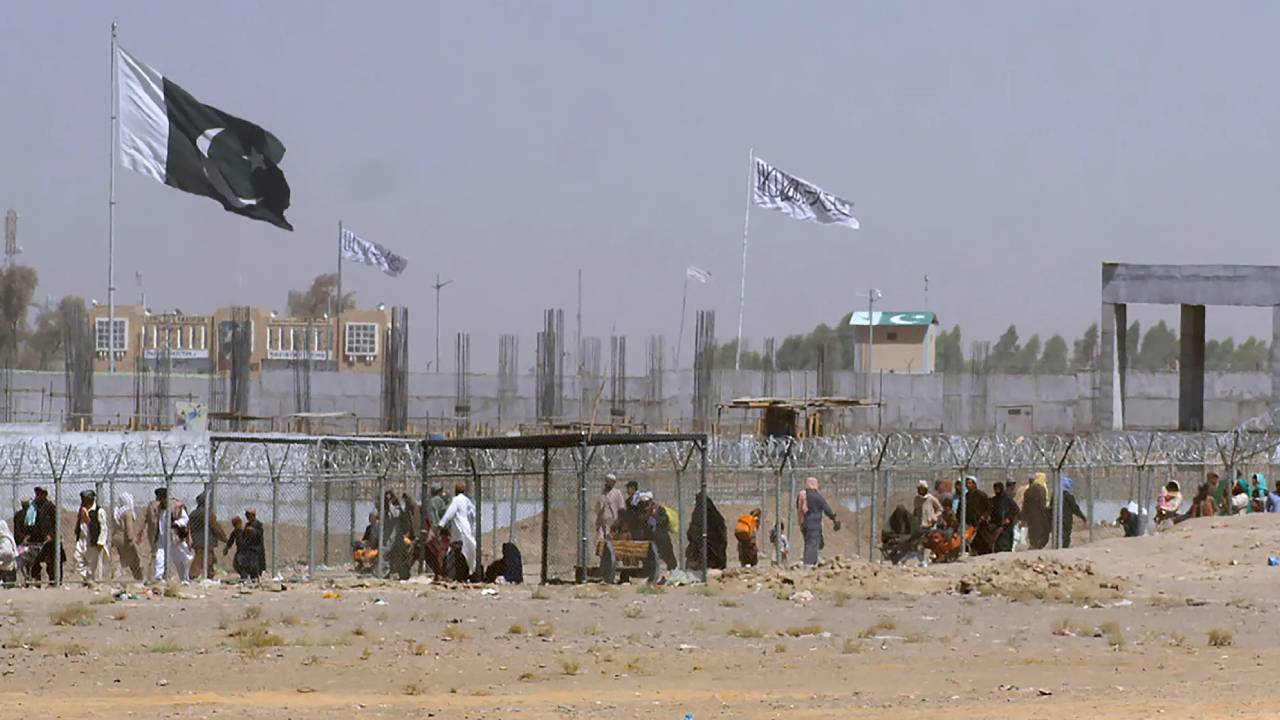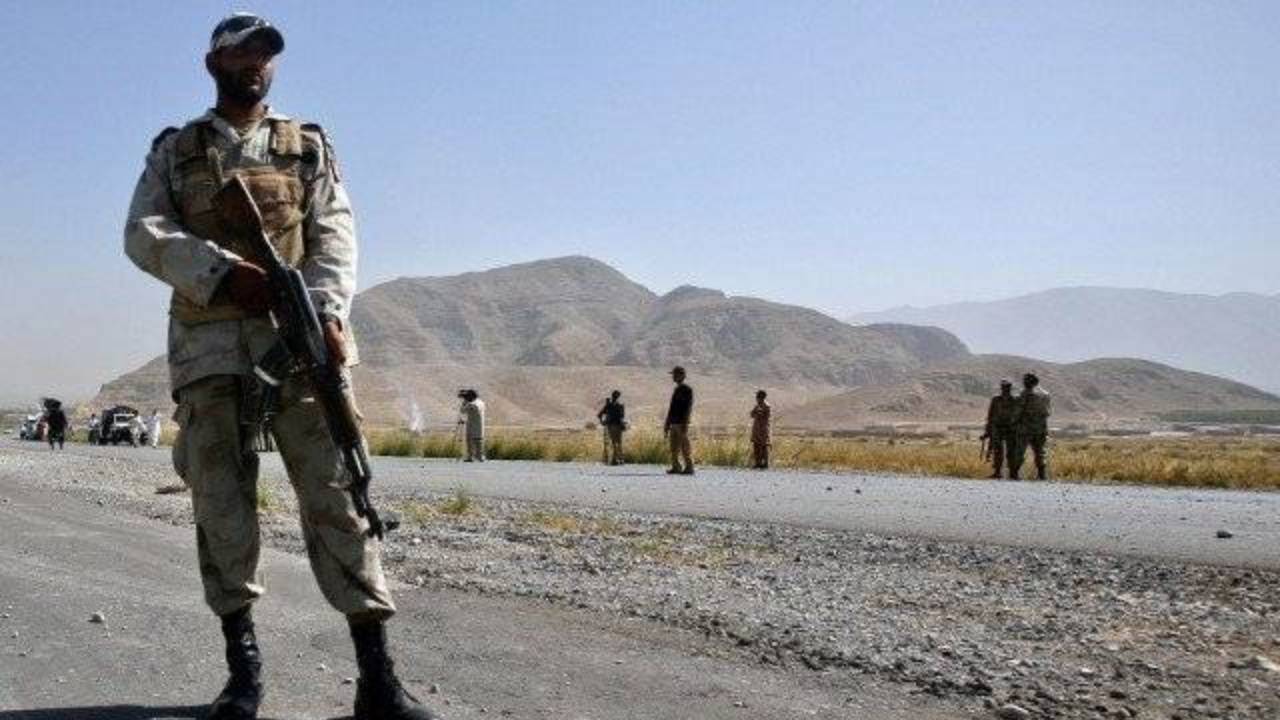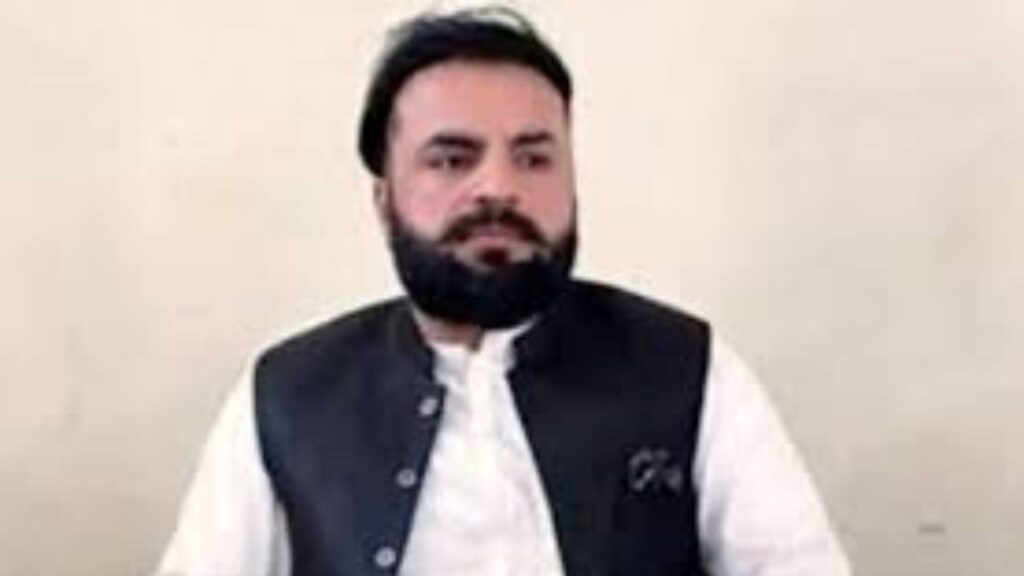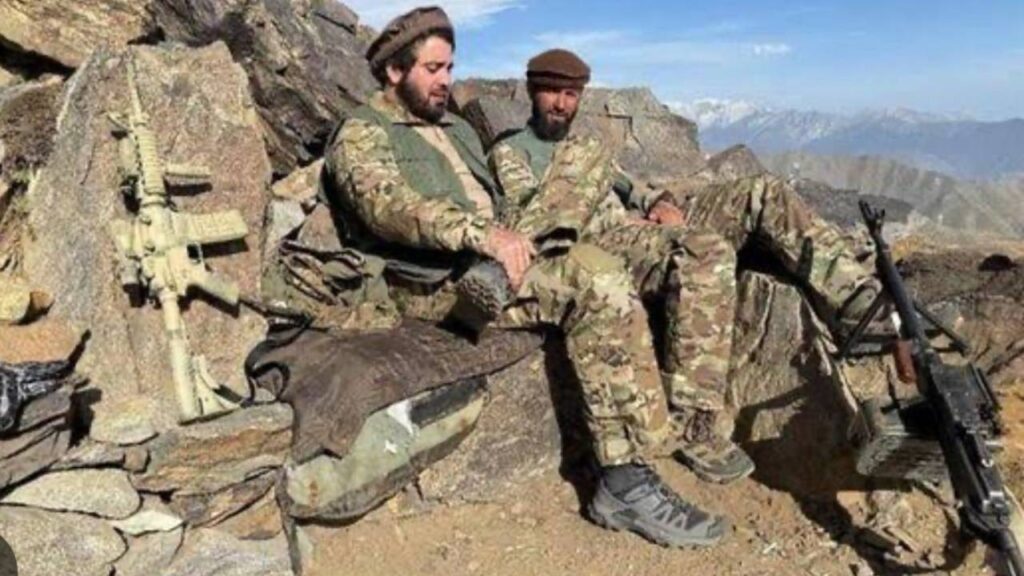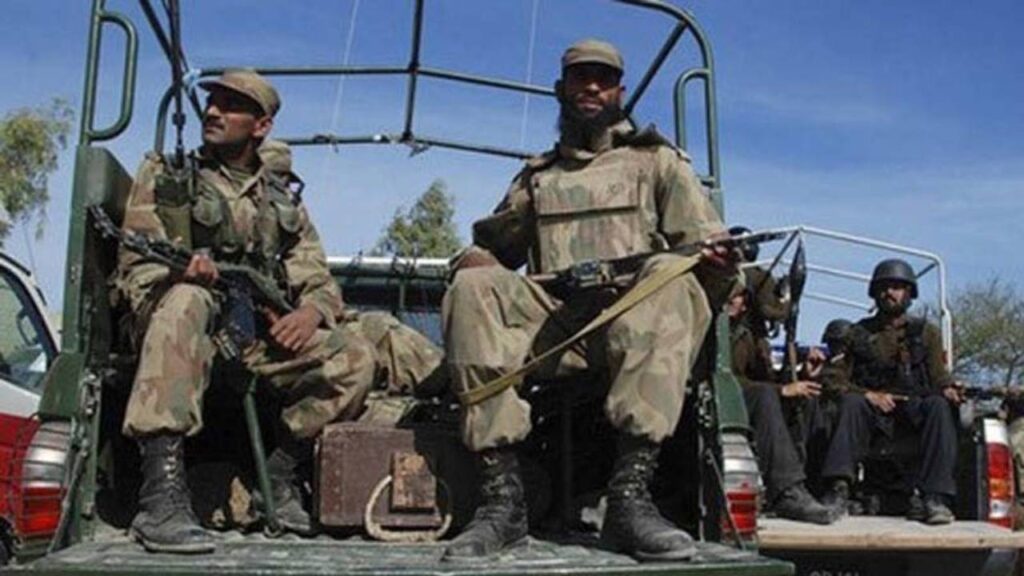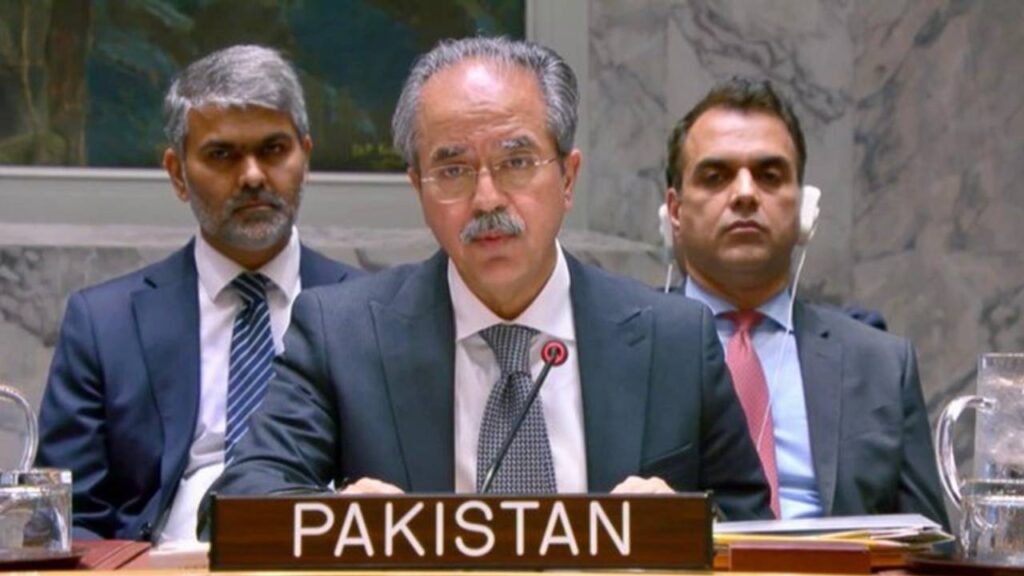The recent Jirga in Bannu, ostensibly convened to address the legitimate concerns of the Jani Khel community regarding civilian casualties in the ongoing counter-terrorism operations, exposed a disturbing trend: the cynical exploitation of genuine grievances by the Pashtun Tahafuz Movement (PTM). While the meeting highlighted the very real suffering endured by Pashtun civilians caught in the crossfire between security forces and militants, the PTM’s presence served not to alleviate this suffering, but to further its own divisive and ultimately destructive political agenda.
Pakistan is a diverse, federal democracy where Pashtuns, like all other communities, enjoy full and equal representation across all sectors of national life. To suggest otherwise is a blatant falsehood. The narrative of Pashtun marginalization, so vehemently pushed by the PTM, ignores the significant contributions Pashtuns have made and continue to make to Pakistan’s progress. Furthermore, it conveniently overlooks the immense sacrifices Pashtuns have made in the fight against terrorism, a fight that has disproportionately impacted Khyber Pakhtunkhwa due to its proximity to Afghanistan. The state acknowledges this sacrifice and remains steadfast in its commitment to the security and well-being of all its citizens, regardless of ethnicity.
The PTM’s selective outrage is telling. While they loudly decry casualties inflicted during counter-terrorism operations, they remain conspicuously silent on the far greater number of Pashtun civilians murdered by terrorist organizations. This selective amnesia reveals a disturbing opportunism, prioritizing a politically expedient narrative over the genuine suffering of victims. Terrorism is not an ethnic issue; it is a national threat that has targeted Pakistanis from all walks of life and across all regions. To frame this struggle through an ethnic lens is to play directly into the hands of terrorists and weaken the nation’s resolve.
The PTM’s actions go beyond simple opportunism. There is mounting evidence suggesting the movement is being actively manipulated by foreign actors, including elements within Afghanistan and India, who seek to destabilize Pakistan. These foreign intelligence networks leverage the PTM’s platform to amplify its anti-state narrative in Western capitals, aligning it with hostile agendas. The leaked Indian cipher detailing RAW’s instructions to other sub-nationalist groups to mirror PTM tactics is a stark reminder of the international dimension of this threat. The PTM and terrorist organizations, though seemingly opposed, are two sides of the same coin, both working to undermine Pakistan’s stability from within.
Despite the challenges posed by terrorism and the PTM’s divisive rhetoric, the Pakistani state continues to invest heavily in Khyber Pakhtunkhwa and the Newly Merged Districts. The substantial allocation of resources to infrastructure, education, and healthcare, along with the distribution of royalties from natural resources, directly refutes the PTM’s claims of exploitation. These investments are a testament to Pakistan’s commitment to the prosperity of all its citizens, including Pashtuns.
In conclusion, while the concerns of the Jani Khel community are legitimate and deserve immediate attention, the PTM’s involvement serves only to hijack these concerns for its own narrow political gain. The movement’s actions, fueled by foreign interference and a disregard for the real victims of terrorism, represent a significant threat to Pakistan’s unity and stability. It is crucial for the government to address the legitimate grievances of the Pashtun people while simultaneously exposing and countering the destructive influence of the PTM and its foreign backers.

